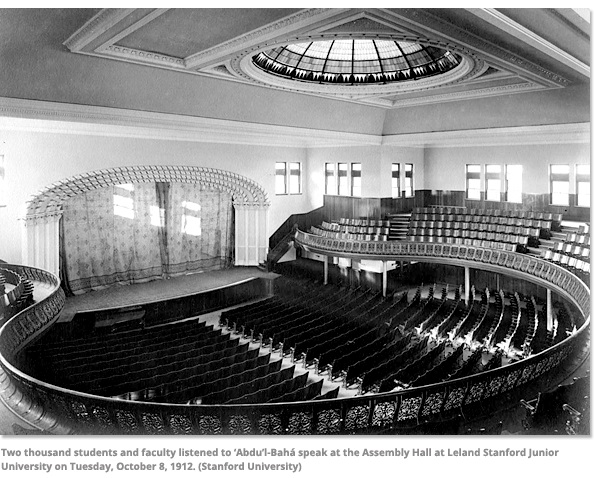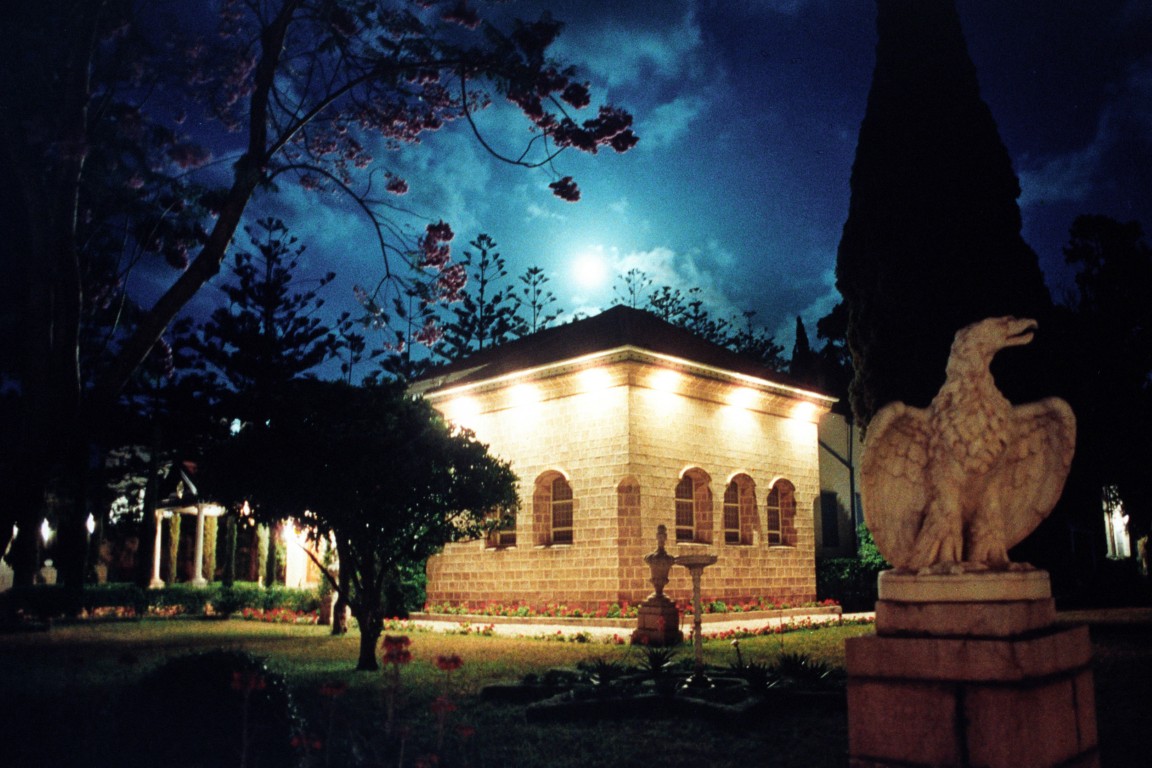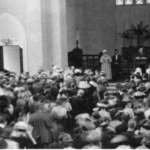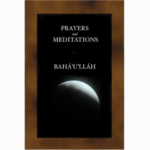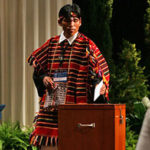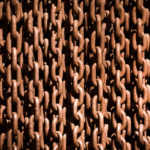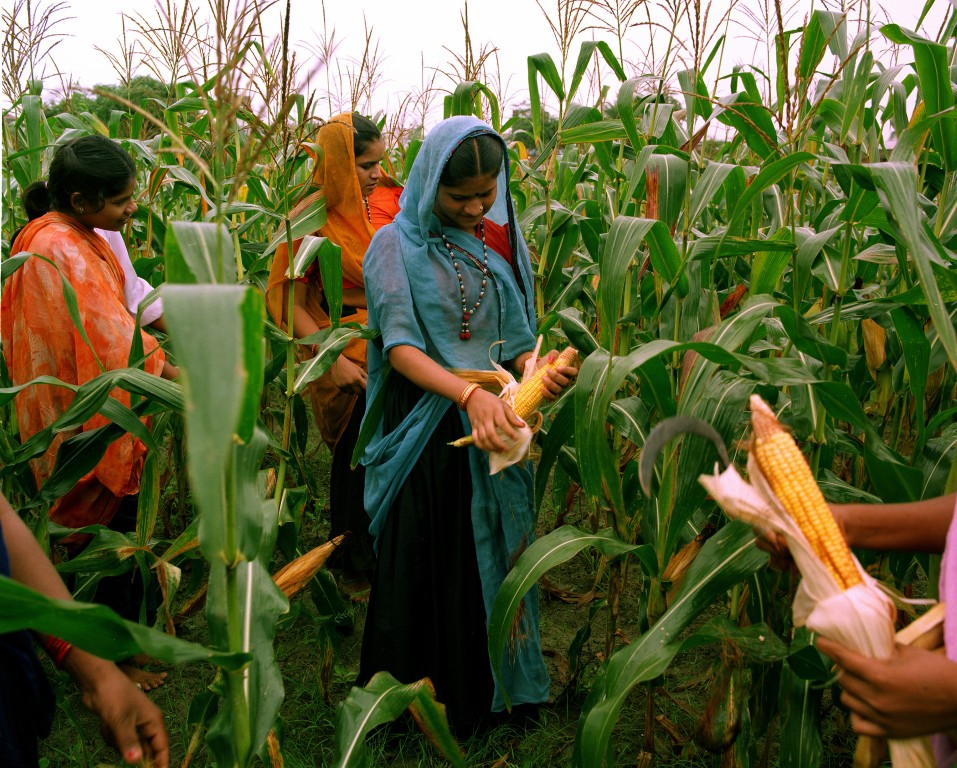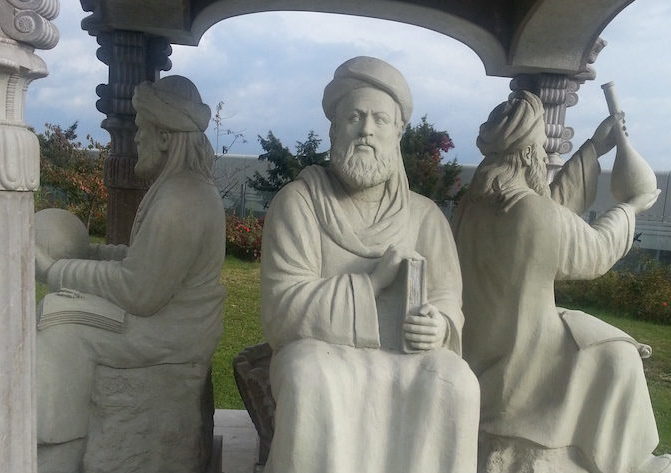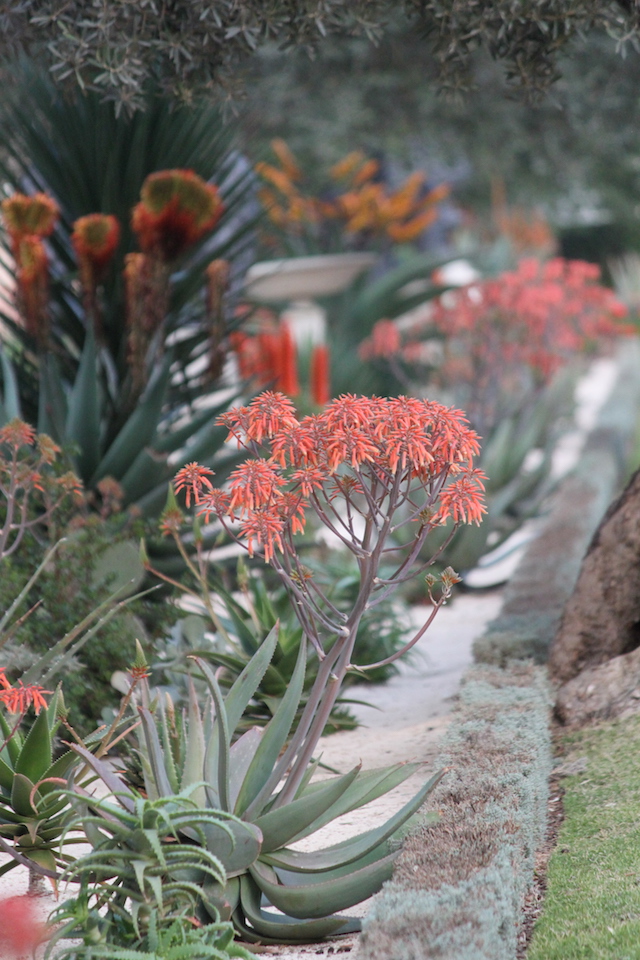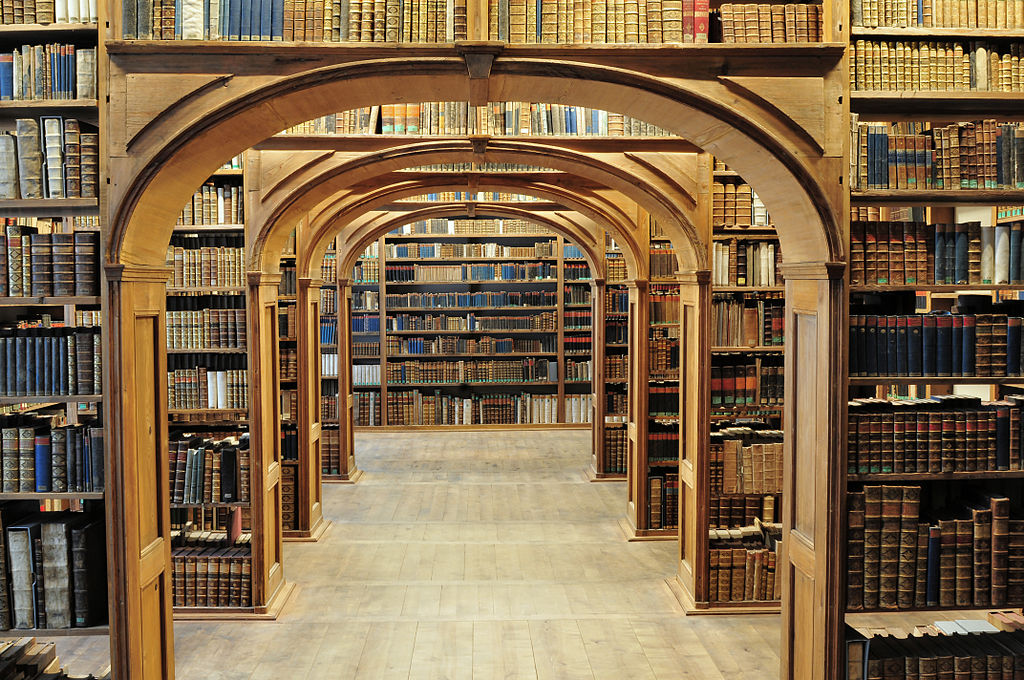
Bahá’u’lláh on Knowledge

How do we know? What does it mean to know? These are deceptively simple but important questions and the answers are by no means straight forward. Knowledge, moreover, is at the heart of human welfare.
The first of Bahá’u’lláh’s Arabic Hidden Words links knowledge and justice.
The best beloved of all things in My sight is Justice; turn not away therefrom if thou desirest Me, and neglect it not that I may confide in thee. By its aid thou shalt see with thine own eyes and not through the eyes of others, and shalt know of thine own knowledge and not through the knowledge of thy neighbor.[1]
And justice in turn he links to the resolution of human conflict.
The purpose of justice is the appearance of unity among men. The ocean of divine wisdom surgeth within this exalted word …[2]
Further Bahá’u’lláh highlights that knowledge – rather than the struggle for power – is at the heart of good governance.
The instruments which are essential to the immediate protection, the security and assurance of the human race have been entrusted to the hands, and lie in the grasp, of the governors of human society.[3]
That which is conducive to the regeneration of the world and the salvation of the peoples and kindreds of the earth hath been sent down from the heaven of the utterance of Him Who is the Desire of the world. Give ye a hearing ear to the counsels of the Pen of Glory. Better is this for you than all that is on the earth.[4]
Turning to the life of the individual – our own spiritual journey is intimately connected with knowledge.
When a true seeker determineth to take the step of search in the path leading unto the knowledge of the Ancient of Days … He must so cleanse his heart that no remnant of either love or hate may linger therein, lest that love blindly incline him to error, or that hate repel him away from the truth … [5]
Further knowledge of our own selves is necessary:
man should know his own self and recognize that which leadeth unto loftiness or lowliness, glory or abasement, wealth or poverty.[6]
And our ability to perceive – to know – the divine is the source of our freedom and emancipation.
What “oppression” is more grievous than that a soul seeking the truth, and wishing to attain unto the knowledge of God, should know not where to go for it and from whom to seek it?[6]
Bahá’u’lláh thus praises knowledge:
Knowledge is as wings to man’s life, and a ladder for his ascent. Its acquisition is incumbent upon everyone. The knowledge of such sciences, however, should be acquired as can profit the peoples of the earth, and not those which begin with words and end with words. Great indeed is the claim of scientists and craftsmen on the peoples of the world. Unto this beareth witness the Mother Book on the day of His return. Happy are those possessed of a hearing ear. In truth, knowledge is a veritable treasure for man, and a source of glory, of bounty, of joy, of exaltation, of cheer and gladness unto him. Thus hath the Tongue of Grandeur spoken in this Most Great Prison.[7]
Indeed, as we see above, the acquisition of knowledge is obligatory.
The criterion of the best knowledge is its ability to foster human welfare.
In this day the choicest fruit of the tree of knowledge is that which serveth the welfare of humanity and safeguardeth its interests.[8]
In this statement and in Bahá’u’lláh’s statement to concern ourselves within useful knowledge – we see the role played by human will and human choice. We make choices about what we recognise and what we exclude from the remit of knowledge. Thus “metaphysical hair splitting”[9] – which “begins with words and ends with words” – is not the kind of knowledge that is worth investment of human energy.
Some “knowledge” may actually be harmful to human beings. For example, is the knowledge of ever more efficient means of destroying human beings “knowledge”? Is it not rather an indication of profound ignorance?
The emphasis on the importance of knowledge is also connected with the principle of universal education – that all human beings should have access to education – which Abdu’l Baha draws from Bahá’u’lláh’s teachings.[10]
This is brief and fragmentary investigation. There is more to be explored. It is perhaps enough however to allow us to conclude that knowledge, as understood by Baha’u’llah, is far more than a set of facts, or a body of information. Separated from human beings – and our social life – knowledge has little meaning.
The Universal House of Justice, the international governing body of the Baha’i Faith, in 2010 stated the following in relation to knowledge.
… there are certain fundamental concepts that all should bear in mind. One is the centrality of knowledge to social existence. The perpetuation of ignorance is a most grievous form of oppression; it reinforces the many walls of prejudice that stand as barriers to the realization of the oneness of humankind, at once the goal and operating principle of Bahá’u’lláh’s Revelation. Access to knowledge is the right of every human being, and participation in its generation, application and diffusion a responsibility that all must shoulder in the great enterprise of building a prosperous world civilization—each individual according to his or her talents and abilities. Justice demands universal participation.[11]
Access to knowledge has been transformed in the century since Bahá’u’lláh’s writings were first set down. Access has increased exponentially. Yet even today – it is not possible to say that every human being has an equal place in the generation, application and diffusion of knowledge. What are the implications of such a vision for knowledge?
Image Credits: Ralf Roletschek [FAL, GFDL (http://www.gnu.org/copyleft/fdl.html) or CC BY 3.0 (http://creativecommons.org/licenses/by/3.0)], via Wikimedia Commons
(This article is the 53rd in a series of what I hope will be 200 articles in 200 days for the 200th anniversary of the birth of Bahá’u’lláh. The anniversary is being celebrated around the world on 21 and 22 October 2017, The articles are simply my personal reflections on Bahá’u’lláh’s life and work. Any errors or inadequacies in these articles are solely my responsibility.)
